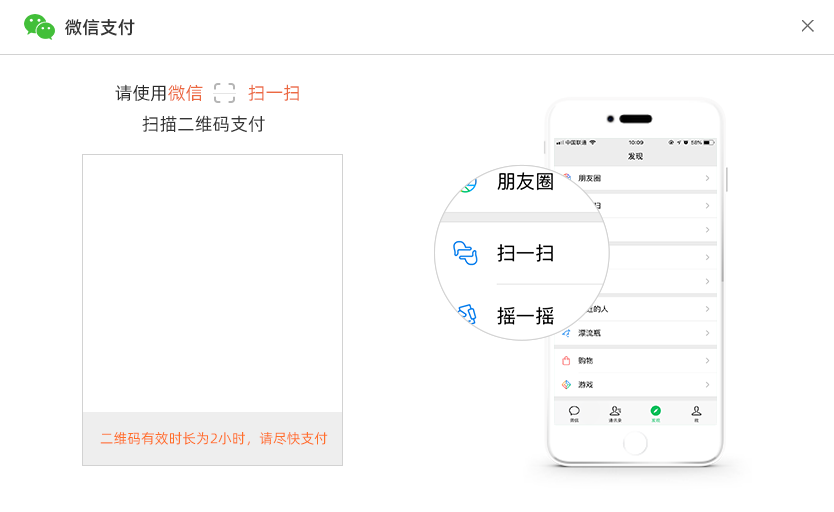Four unique perspectives of company naming
A good company begins with a good name. The company name determines how people feel when they hear it, how far your company can go, and how much people appreciate it.
For example, from the name alone, the results of the comparison between Gowalla and Foursquare can be seen at a glance. Foursquare is more grounded and has more reference value.
Think about it. What does your company do? What kind of emotions will it generate? What do your customers think when they mention your company's name? What will others think when they hear your company name for the first time?
From experience, it seems that the best way to choose a name is to directly borrow commonly used words, put them together, misspell them (intentionally or unintentionally) or create new words according to pronunciation.
borrow
? Amazon, a famous e-commerce company, is named after the river with the largest flow in the world, implying the largest scale. In addition, the name contains the ending "a-z" of the alphabet, indicating a complete range of categories. But at first Bezos gave it the name "aard" because his colleagues thought it was obscure and then changed it to "Cadabra", but soon everyone thought it was inappropriate because it sounded a bit like "Cadaver". After hiking along the Amazon River and feeling its magnificent spirit, Bezos finally changed the name of the company to its current name.
? Adobe – a graphic typesetting software provider, whose name implies that gray clay can be shaped at will.
? Mint – Mint. It is short and easy to spell, and the dollar bill is green like the mint leaf.
? Facebook – simple, intuitive.
? Dell – named after the founder, simple and easy to use.
? Skype
Patchwork
? Genentech – Combination of gene and technology.
? YouTube – You+Tube, your TV set, is rhymed and vivid.
? KickStarter – You can see what the company does from its name, and it sounds interesting.
? Pinterest – pin your interest.
? PayPal, Wikipedia, Techcrunch, Salesforce, ……
misspelling
? Google – It is said that googol is misspelled.
? Digg – Because dig.com is registered.
? Flickr – It's also because the flicker was snapped up.
Elephant sound
? Yahoo! – An exclamation.
? Twitter – the chirping of birds.
What should we pay attention to when naming?
Select the company name whose corresponding domain name has not been preemptively registered
It is much more expensive to redeem a domain name than to register it. Of course, this is mainly applicable to English names.
Don't let the name restrict you
A more general name like "Amazon" or "Google" would be more appropriate. The name should not be too specific. For example, if the company is called "SupportCenter", you can only do support center business.
Make sure the name is unique
After you think of a name, you should go to various social media channels to see if your name is unique enough. Namechk is a good tool.
Don't be too awkward with the name
Well known websites like Flickr may not be a problem, but if your name is strange and obscure, don't expect people to read it.
But first make sure you understand your target audience
The generation that grew up with the Internet can understand del.icio.us, but if your target audience is a group of aunts, it will be easier to remember a URL like delicious.com.
Soliciting opinions
If your family and friends are among the target groups, ask them for their opinions. Write down some alternative domain names.
1. Read out the name of your candidate company over the phone or in person and ask them to write it down. See if they can write down your website without explaining.
2. Ask them what they thought when they heard about each candidate company.
3. Ask which one is their favorite.










